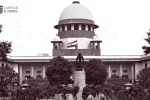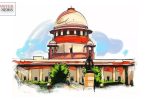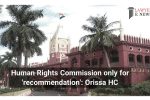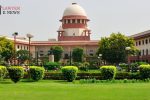Karnataka High Court Upholds Regulation on Auto-rickshaw Aggregator Fares
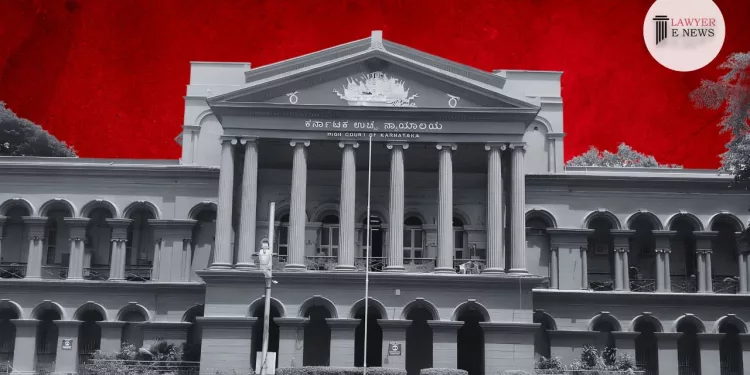
The Karnataka High Court, in a landmark decision, has upheld the State Government’s notification regulating fare rates for auto-rickshaws on aggregator platforms like Uber and OLA. The court dismissed the writ petitions filed by Uber India Systems Private Limited and ANI Technologies Private Limited (operating as OLA), challenging the notification issued on November 25, 2022.
The case arose when the State Government issued a notification fixing fare rates for auto-rickshaws operating through aggregator platforms and regulating the service charges levied by these aggregators. Uber and OLA contended that the State Government overstepped its jurisdiction, arguing that the notification was arbitrary, mala fide, and ultra vires the provisions of the Motor Vehicles Act, 1988, and the Motor Vehicle Aggregator Guidelines, 2020.
Uber’s Contentions:
Represented by Senior Advocate K.G. Raghavan, Uber argued that it is a technology-based aggregator facilitating transportation services through the Uber App. They started onboarding auto-rickshaws in 2018.
Uber challenged a notice and order issued on October 6 and 11, 2022, respectively, directing it to stop aggregating auto-rickshaws due to a lack of a valid license and breach of fare notifications .
Uber maintained that the State had no authority to regulate service fees, which should fall under Uber’s business domain and expertise. They cited that the fare and service charge regulation should follow the Central Government’s guidelines under Section 93 of the Motor Vehicles Act .
OLA’s Contentions:
Represented by Senior Advocate Aditya Sondhi, OLA argued that auto-rickshaws fall under the definition of ‘motor cab’ and should not be excluded from the scope of taxi services.
OLA contended that the State’s notification discriminated against it while not targeting other aggregators like Namma Yatri and RAPIDO, which were allegedly violating the fare notifications .
State Government’s Defense:
Initially presented by Advocate General Prabhuling K. Navadagi and later by Shashi Kiran Shetty, the State argued that the notification was within its powers under Sections 67 and 93 of the Motor Vehicles Act.
The State emphasized that the notification aimed to protect public interest by ensuring fare transparency and preventing exploitative pricing by aggregators .
Court’s Observations:
The court found that the Central Government’s guidelines under Section 93 are persuasive and not mandatory, allowing the State discretion in fare and service charge regulation .
It was established that there can be no estoppel against the statute, and participation in consultative processes does not preclude aggregators from challenging the service charges .
The court upheld the service charge cap of 5% set by the State, emphasizing the need for regulatory oversight to prevent system abuse by aggregators .
The court clarified that a separate license for aggregating auto-rickshaws is unnecessary under the existing vehicle-agnostic licenses issued to aggregators like Uber and OLA .
Decision: The writ petitions filed by Uber and OLA were dismissed, affirming the State’s notification regulating fare rates and service charges. The court allowed aggregators to collect service charges as per the impugned notification but restricted them from charging surge pricing beyond regulated limits .
This ruling reinforces the State’s regulatory authority over aggregator platforms, highlighting the importance of fair practices and transparency in fare and service charge determination. It marks a significant step towards protecting consumer interests and ensuring fair competition in the transportation services sector.
Date of Decision: 27th May 2024
UBER INDIA SYSTEMS PRIVATE LIMITED VS STATE OF KARNATAKA & ORS.
